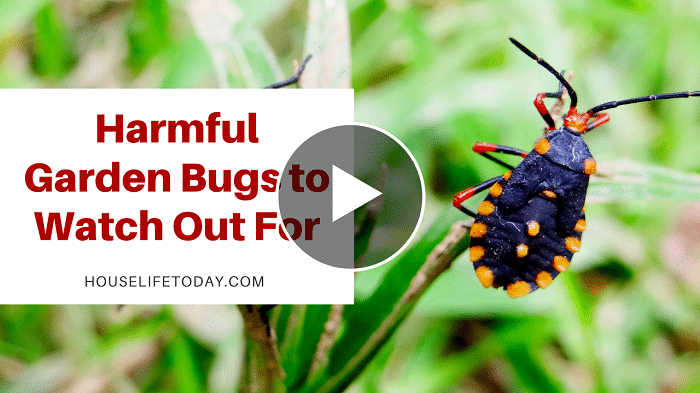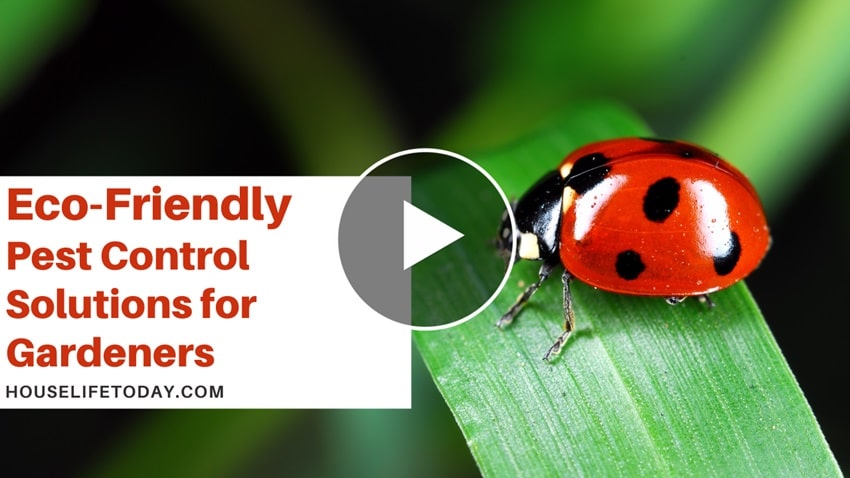You love your morning cup of joe, but did you know that your plants might love it too? That’s right—those coffee grounds you’re about to toss could be a garden goldmine. Remember to like and subscribe to the House Life Today YouTube for more videos like this!
Contents
The Nutrient Factor
Coffee grounds are rich in nitrogen, a nutrient essential for plant growth. They also contain minerals like potassium and magnesium. These nutrients not only nourish the soil but also help your plants thrive.
How to Prepare Coffee Grounds
Before you sprinkle those grounds, make sure they’re used and dry. Fresh grounds are acidic and can harm your plants. Simply spread the used grounds on a baking sheet and let them air dry.
Application Methods
Direct Application
You can directly apply coffee grounds to the soil. Just sprinkle a thin layer around your plants, avoiding direct contact with the stems and leaves.
Compost It
Another option is to add coffee grounds to your compost pile. They act as a green compost material, balancing out the brown materials like leaves and paper.
Liquid Fertilizer
For a quick nutrient boost, you can make a liquid fertilizer. Soak one cup of dry coffee grounds in a gallon of water. Let it sit for 24 hours, and voila! Use this concoction to water your plants once a week.
Plants That Love Coffee
Azaleas, roses, and tomatoes are just a few plants that benefit from coffee grounds. However, not all plants are coffee enthusiasts. Plants like herbs prefer a more alkaline soil.
A Word of Caution
Moderation is key. Too much of anything is bad; the same goes for coffee grounds. Excessive use can lead to soil compaction and nutrient imbalance.
In a nutshell, coffee grounds can be a valuable addition to your gardening routine, offering a rich source of nutrients for certain plants. Whether you choose to apply them directly, compost them, or create a liquid fertilizer, there are multiple ways to make your garden thrive. Just remember, moderation is crucial to avoid any negative impacts on your plants.



